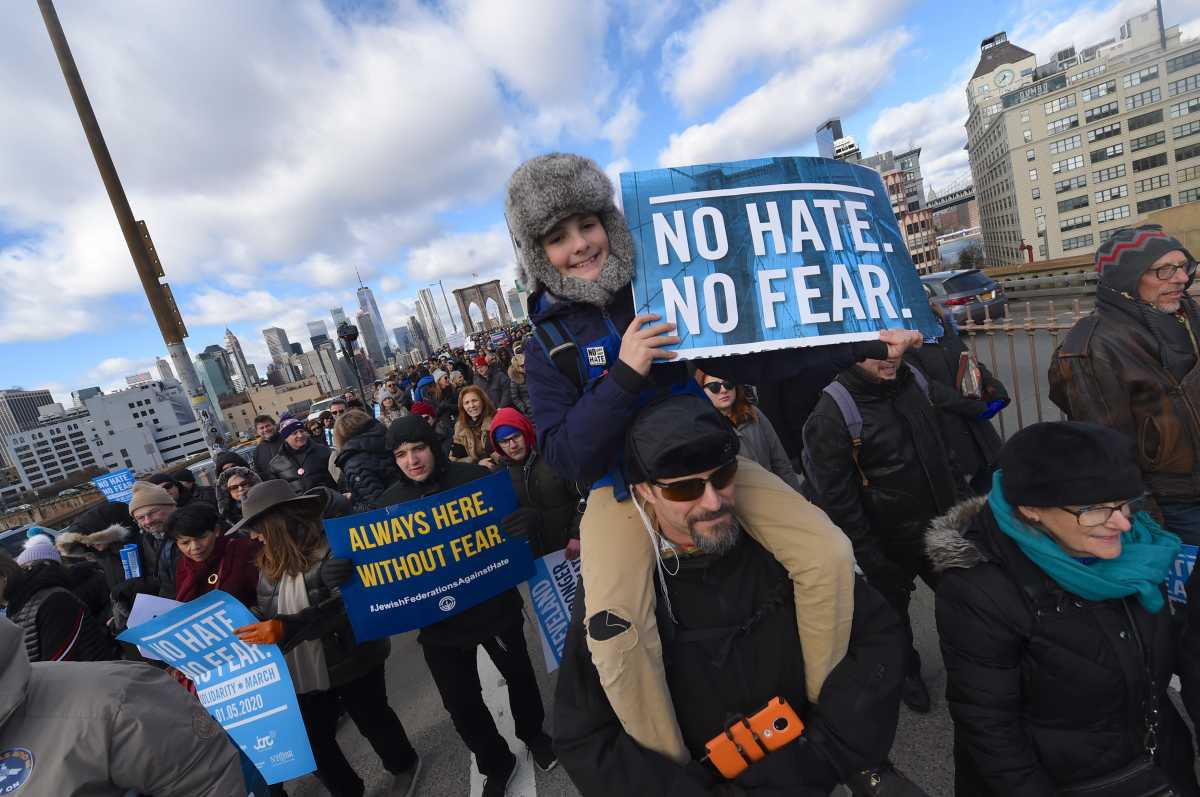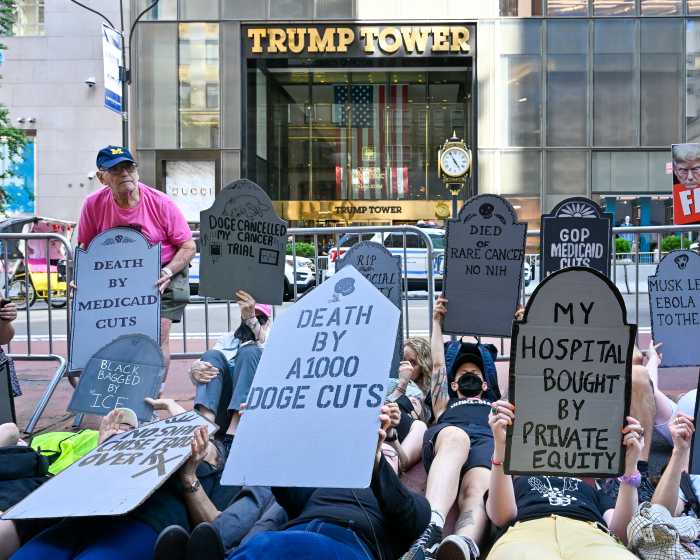A new bill introduced into the City Council would notify communities within 24 hours of a hate crime.
The bill, sponsored by Brooklyn City Council Member Mark Treyger, not only requires that the Office of the Prevention of Hate Crimes (OPHC) notify impacted communities that a hate crime has occurred, but also how the the administration is responding to the attack and what resources are available for the affected community.
The bill also requires hate crime notifications for the mayor, the city council speaker, the public advocate and the city council member representing the district where the hate crime occurred. The purpose, according to Treyger, is to ensure that specific community needs are taken into account when responding to violent hate crimes.
“The city must stand together against hate,” said Treyger. ” The rise in hate crimes is unacceptable, and we must look to using every resource possible to make sure to protect New Yorkers.”
The bill comes amid a spike in hate crimes in the city. Since Dec. 23, there have been at least 25 anti-Semitic incidents in New York City, according to data from the Anti-Defamation League. Last year, the NYPD reported that there were 423 hate crimes, 55 percent of which were anti-Semitic in motivation. The number represents an almost 20 percent increase from last year, when the 356 hate crimes occurred in the city.
“It’s imperative that the rapid notification process, which the city uses in its Cure Violence initiative, apply to hate crimes, which can have a chilling effect on communities,” Treyger added. “Hate crimes require more than just tweets of condemnation, and currently, there’s not enough of local connection to the response work.”




































